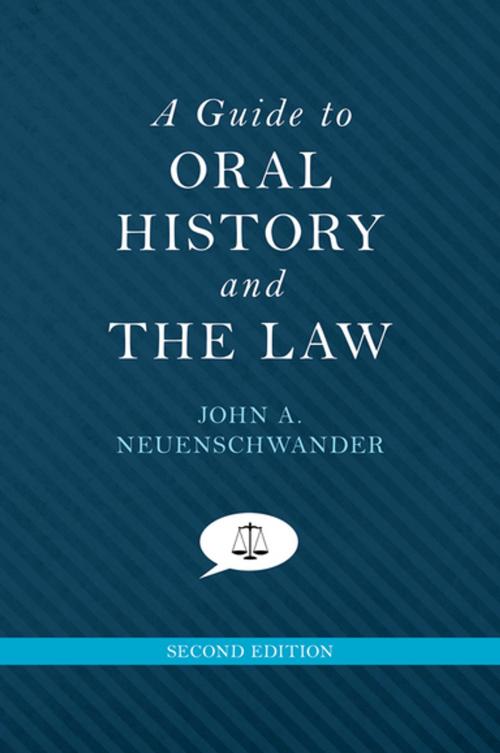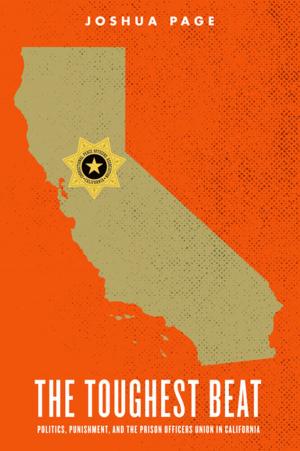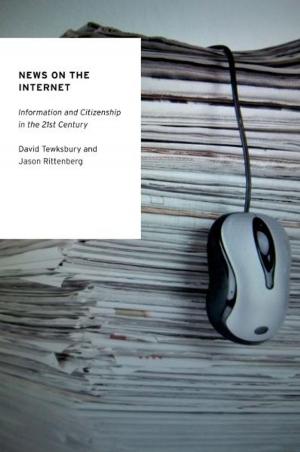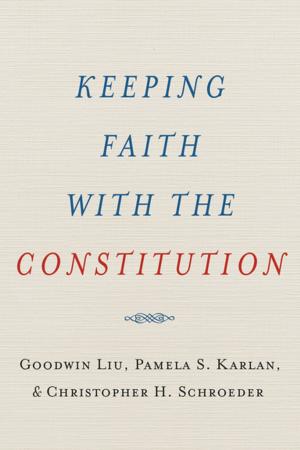A Guide to Oral History and the Law
Nonfiction, History, Reference, Study & Teaching, Reference & Language, Law, Legal History| Author: | John A. Neuenschwander | ISBN: | 9780199342532 |
| Publisher: | Oxford University Press | Publication: | September 12, 2014 |
| Imprint: | Oxford University Press | Language: | English |
| Author: | John A. Neuenschwander |
| ISBN: | 9780199342532 |
| Publisher: | Oxford University Press |
| Publication: | September 12, 2014 |
| Imprint: | Oxford University Press |
| Language: | English |
According to the Oral History Association, the term oral history refers to "a method of recording and preserving oral testimony" which results in a verbal document that is "made available in different forms to other users, researchers, and the public." Ordinarily such an academic process would seem to be far removed from legal challenges. Unfortunately this is not the case. While the field has not become a legal minefield, given its tremendous growth and increasing focus on contemporary topics, more legal troubles could well lie ahead if sound procedures are not put in place and periodically revisited. A Guide to Oral History and the Law is the definitive resource for all oral history practitioners. In clear, accessible language it thoroughly explains all of the major legal issues including legal release agreements, the protection of restricted interviews, the privacy torts (including defamation), copyright, the impact of the Internet, and the role of Institutional Review Boards (IRBs). The author accomplishes this by examining the most relevant court cases and citing examples of policies and procedures that oral history programs have used to avoid legal difficulties. Neuenschwander's central focus throughout the book is on prevention rather than litigation. He underscores this approach by strongly emphasizing how close adherence to the Oral History Association's Principles and Best Practices provides the best foundation for developing sound legal policies. The book also provides more than a dozen sample legal release agreements that are applicable to a wide variety of situations. This volume is an essential one for all oral historians regardless of their interviewing focus.
According to the Oral History Association, the term oral history refers to "a method of recording and preserving oral testimony" which results in a verbal document that is "made available in different forms to other users, researchers, and the public." Ordinarily such an academic process would seem to be far removed from legal challenges. Unfortunately this is not the case. While the field has not become a legal minefield, given its tremendous growth and increasing focus on contemporary topics, more legal troubles could well lie ahead if sound procedures are not put in place and periodically revisited. A Guide to Oral History and the Law is the definitive resource for all oral history practitioners. In clear, accessible language it thoroughly explains all of the major legal issues including legal release agreements, the protection of restricted interviews, the privacy torts (including defamation), copyright, the impact of the Internet, and the role of Institutional Review Boards (IRBs). The author accomplishes this by examining the most relevant court cases and citing examples of policies and procedures that oral history programs have used to avoid legal difficulties. Neuenschwander's central focus throughout the book is on prevention rather than litigation. He underscores this approach by strongly emphasizing how close adherence to the Oral History Association's Principles and Best Practices provides the best foundation for developing sound legal policies. The book also provides more than a dozen sample legal release agreements that are applicable to a wide variety of situations. This volume is an essential one for all oral historians regardless of their interviewing focus.















